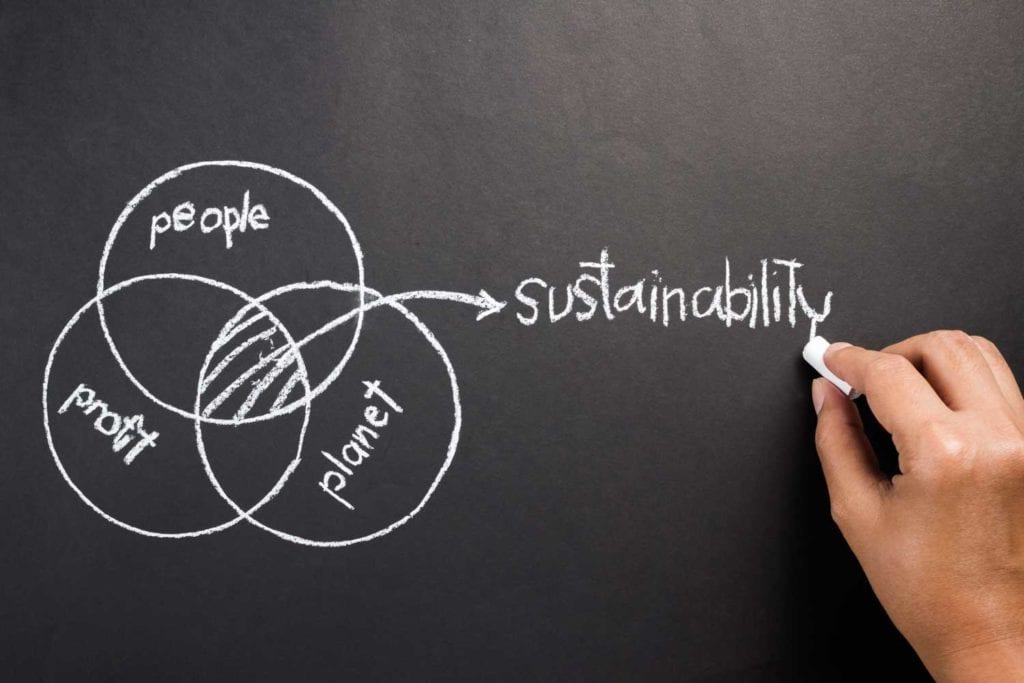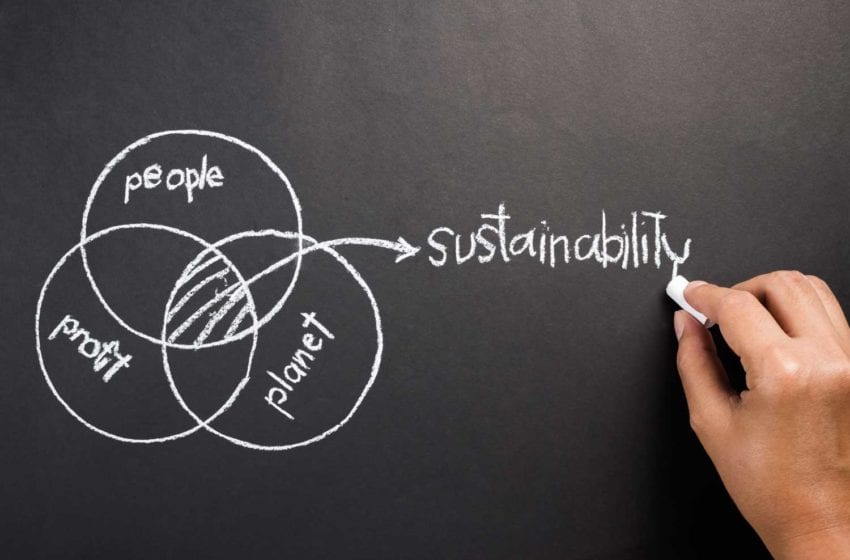
S&P Global Ratings’ ESG Evaluation report has assessed Philip Morris International’s (PMI) approach to environmental, social and governance (ESG) topics and confirmed that PMI has positively differentiated itself within the tobacco sector.
The S&P Global Ratings ESG evaluation assesses a company’s ESG strategy and ability to prepare for potential future risks and opportunities and provides a forward-looking, long-term opinion of a company’s readiness for disruptive ESG risks and opportunities.
It provides an overall score that allows comparison with other entities globally, including sector peers, and consists of a combined sector/region score, an entity-specific score and a preparedness score.
Based on entity-specific scores—designed to indicate how a company is actively and effectively managing its exposure to ESG risks and opportunities compared with its industry peers—PMI is placed third in the E-entity specific score, eighth in the S-entity specific score and 15th in the G-entity specific score among all 25 current publicly available ESG evaluations.
“I am proud that our dedication to sustainability, which is fundamental to the transformation of our company, has been recognized externally by S&P Global Ratings,” said Emmanuel Babeau, chief financial officer at PMI, in a statement.
“It is our firm belief that sustainability and business performance do not follow separate paths—they are fully interrelated and mutually reinforcing and should be organized and presented to all stakeholders, including shareholders, in an integrated way.”

Sustainability and business performance do not follow separate paths—they are fully interrelated and mutually reinforcing.
Emmanuel Babeau, CFO, PMI
In February 2021, PMI announced an increased ambition for the contribution of its smoke-free products to total net revenues to more than 50 percent in 2025, meaning that in five years, cigarettes would account for less than half of PMI’s total net revenues.
The company also stated its aspiration to commercialize its smoke-free products in a total of 100 markets by the end of 2025, up from 64 at the end of 2020. Additionally, PMI announced an aspirational target of at least $1 billion in annual net revenues from “beyond nicotine” products by 2025.
This new aspiration reflects additional growth potential and further acceleration of the company’s transformation, leveraging PMI’s significant capabilities within life sciences, device technology, consumer expertise and more.
“The company has made significant R&D investments, by sector standards, and is upskilling its management team to prepare for this transition. In our view, the company is well placed to meet its ambitions,” S&P Global Ratings said.
“We believe PMI is adequately prepared for future disruptions, reflecting its significant investments in [reduced-risk products (RRPs)], which smokers seem to accept as an alternative to cigarettes, and its solid track record of strategic execution despite headwinds.”
S&P also recognized PMI’s “approach to customer engagement—unique among its peers—which educates consumers directly about the health consequences of sustained tobacco use and supports low-income customers in making the transition from cigarettes to reduced-risk products.”
Later this month, PMI will release its 2020 Integrated Report, which details how the organization’s strategy, governance, performance and prospects create value over the short, medium and long term.

